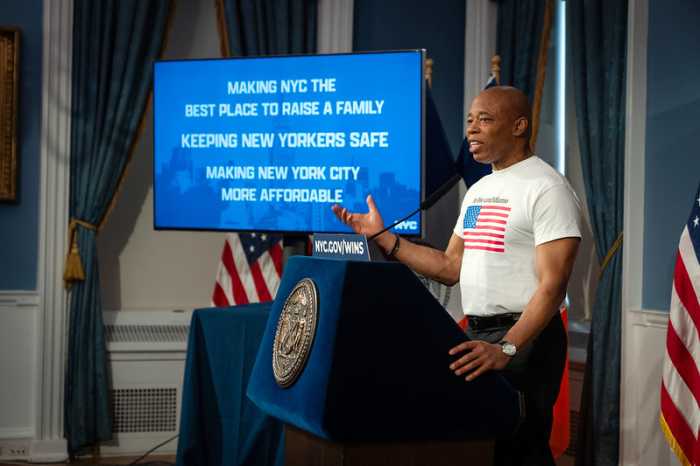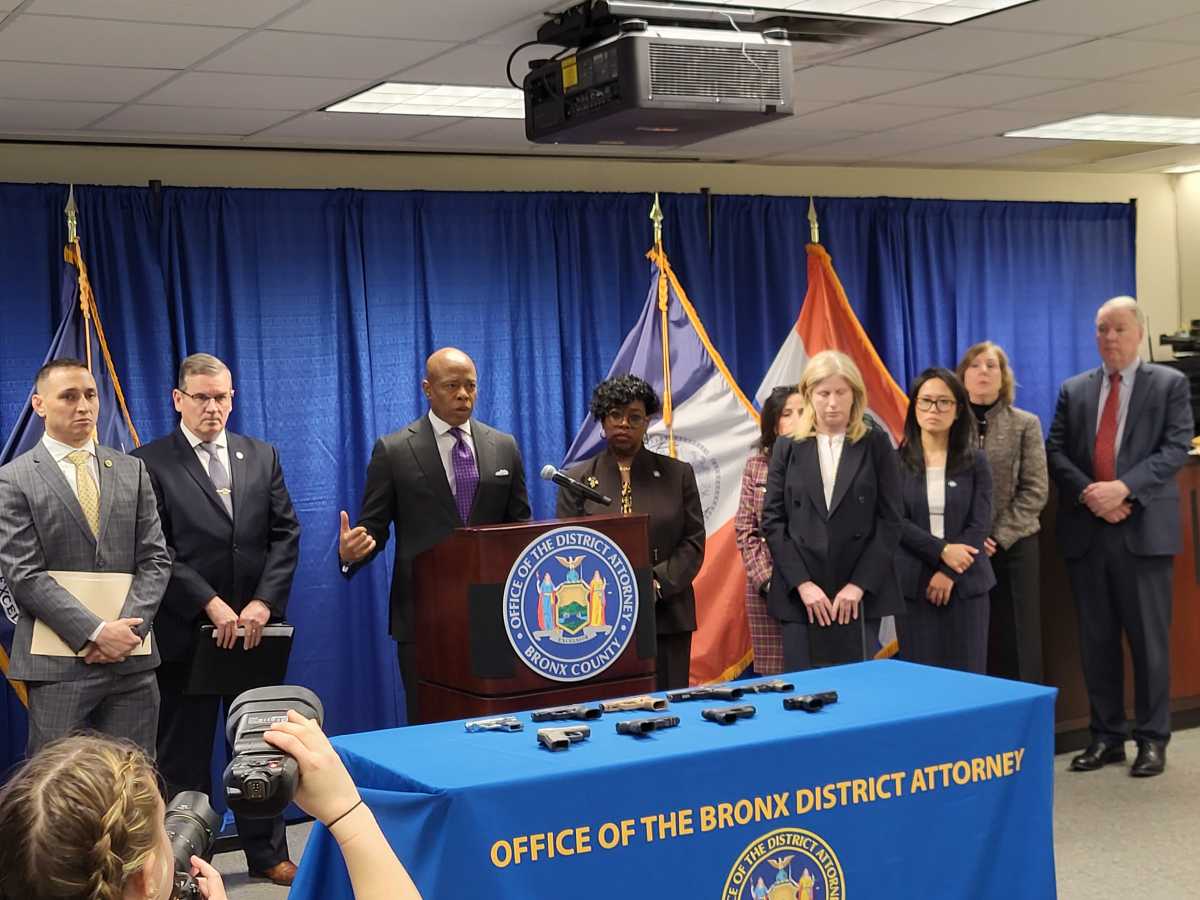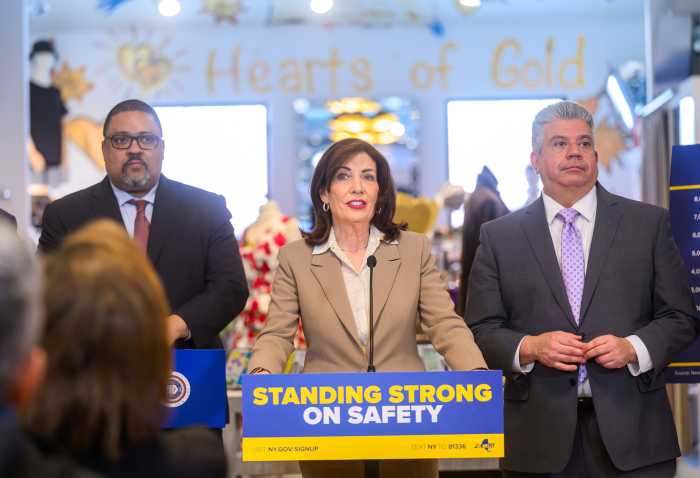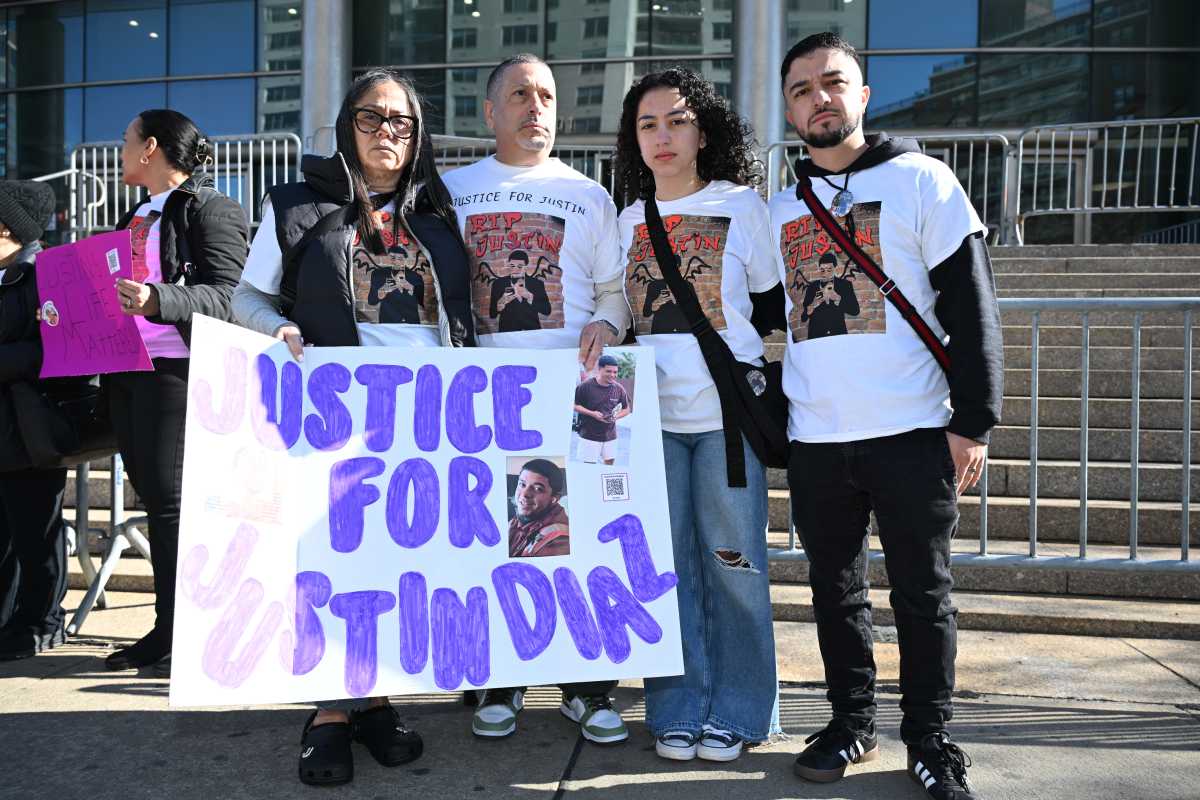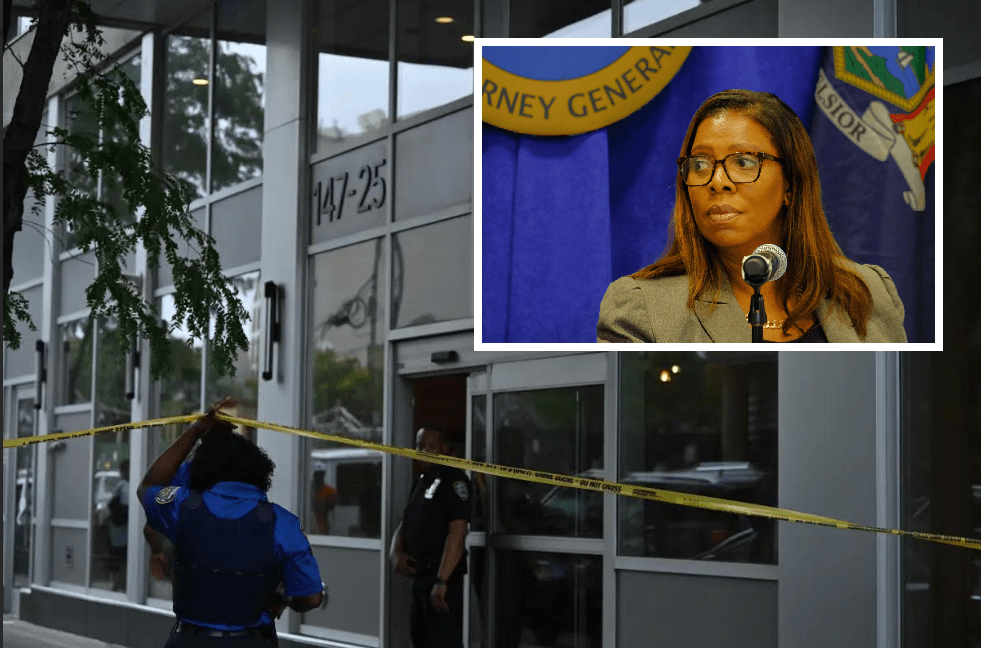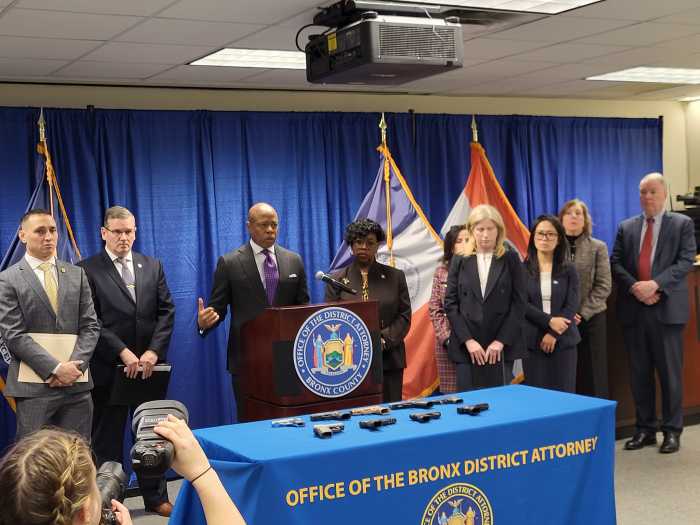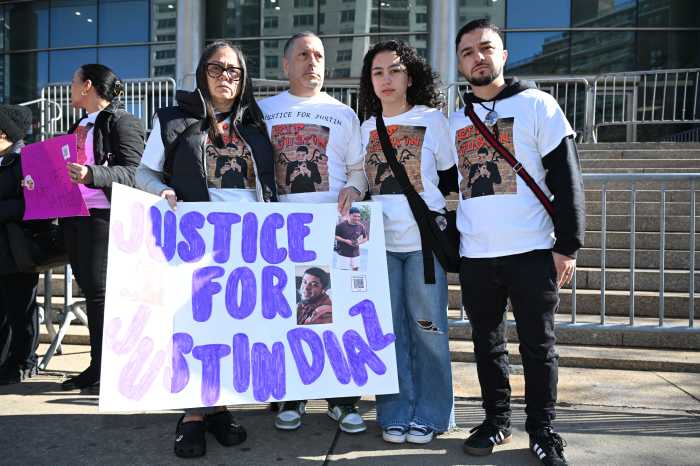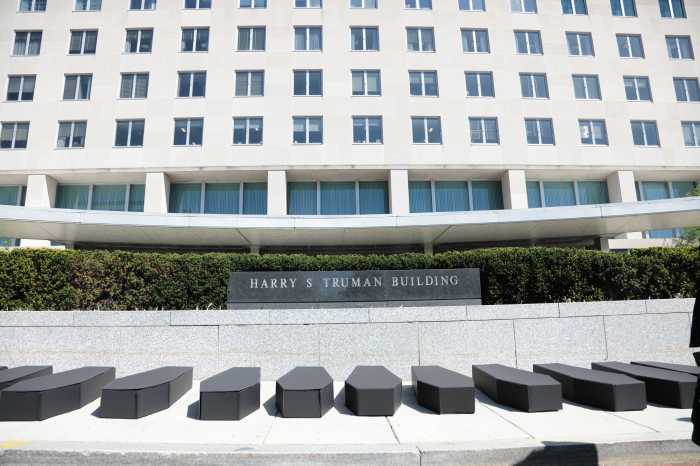The infamous Central Park Five case has gotten the Netflix treatment.
The streaming service has released a limited series about the five teens who were wrongfully convicted of beating and raping a woman jogger in Central Park in 1989.
Although their convictions were vacated in 2002, the lives of the five teens were irrevocably changed as they spent their formative adult years behind bars.
Scroll down to learn more about the Central Park Five now that “When They See Us” is streaming.
What is the Central Park jogger case?
On the night of April 19, 1989, Trisha Meili went for a jog in Central Park. Several hours later, the 28-year-old investment banker was found brutally beaten and raped, left to die in a ravine.
But the near-fatal attack on Meili, who suffered a fractured skull among other life-threatening injuries, was only one of several that took place in Central Park that night. A roaming group of more than 30 youths between the ages of 13 and 17 were suspected of assaulting other joggers, throwing rocks at bicyclists and harassing an elderly homeless man.
Investigators immediately grouped Meili’s assault in with the other reported attacks and began lengthy police interrogations of several teens who were suspected of being part of the group.
While Meili fought for her life at Metropolitan Hospital in Manhattan, police charged seven teenagers in connection with the crimes.
Meili, who was commonly referred to as the “Central Park jogger,” has said she does not remember the attack.
Who are the Central Park Five?
The Central Park Five are Raymond Santana, Kevin Richardson, Antron McCray, Yusef Salaam and Kharey Wise, who later changed his first name to Korey. At the time of their arrests, they were between the ages of 14 and 16 years old.
While all five had initially confessed to participating in the Central Park attacks (confessions from Wise, McCray, Santana and Richardson were videotaped), the teens and their attorneys insisted they were coerced by investigators into giving false statements during interrogations that lasted hours.
In a 2016 op-ed published by The Washington Post, Salaam claimed the interrogators deprived him and the other teens of food, drink and sleep for over 24 hours.
Despite inconsistencies within the confessions and no physical evidence tying them to the crime scene, the teens were convicted of various charges during two separate trials in 1990.
The two other teens who had been arrested, Steven Lopez and Michael Briscoe, pleaded guilty to charges related to other attacks on joggers that night and avoided trials related to Meili’s assault.
What were the Central Park Five convicted of?
Salaam, Santana and McCray were found guilty of rape, assault, robbery and riot in the attack on Meili as well as separate assaults on two male joggers. Richardson was convicted of attempted murder, rape, sodomy, assault and robbery in connection those same attacks.
Wise was convicted of sexual abuse and assault in connection with Meili’s attack, but was acquitted of all counts related to the other two joggers.
What were the sentences of the Central Park Five?
McCray, Salaam and Santana were sentenced to 5 to 10 years in an upstate juvenile detention facility. Richardson also was sentenced to 5 to 10 years in a juvenile facility.
Wise, the only teen tried as an adult, was sentenced to 5 to 15 years in prison.
The Central Park Five served between 5 and 12 years but all of them had been released before their convictions were vacated in 2002.
Who is Matias Reyes?
Despite maintaining their innocence, the Central Park Five’s contention that their confessions were coerced didn’t gain credibility until June 2002, when Matias Reyes claimed sole responsibility for raping and beating Meili.
Reyes, a convicted murderer and serial rapist, was serving a minimum 33-year prison sentence when he confessed to the crime. His DNA matched genetic material found at the crime scene and he provided details of the assault that led investigators to take his claim seriously.
Reyes also committed a similar assault on a woman in Central Park two days before Meili was found.
The NYPD and Manhattan District Attorney’s Office then began separate reinvestigations of the Central Park jogger case.
Reyes, meanwhile, could not be tried in the case because the statute of limitations had expired.
The Central Park Five are exonerated
Twelve years after they were found guilty, Richardson, McCray, Salaam, Santana and Wise were vindicated.
Following a lengthy investigation into the convictions, then-Manhattan District Attorney Robert Morgenthau recommended in December 2002 that all charges against the Central Park Five be thrown out. Later that month, a judge set aside the verdicts.
It was a stunning turn of events that was denounced by police officials who were critical of the findings in the district attorney’s second investigation but hailed by criminal justice advocates who had supported the Central Park Five’s innocence.
In his ruling, State Supreme Court Justice Charles J. Tejada said Reyes’ confession, corroborated by his DNA match from the crime scene, created “the probability that … the verdict would have been more favorable to the defendants.”
Tejada did allow for a new trial against the Central Park Five, but the district attorney’s office instead decided to dismiss the original indictments.
Richardson, McCray, Salaam, Santana and Wise had already completed their sentences before their convictions were vacated.
In 2014, the Central Park Five settled a civil lawsuit against the city for $41 million.
Is there a connection between Wise and Reyes?
As part of the city’s settlement with the Central Park Five, a trove of documents and recordings related to the investigation was released in 2018, including a recording of Reyes speaking with authorities from 2002, The New York Daily News reported.
During the interview, Reyes tells a senior investigator with the Department of Corrections Inspector General’s office that he changed his life while serving time and had found Jesus, which ultimately lead him to confess. He says he knew Wise, who was serving his sentence in the same prison, and four others were convicted in the case but feared what would happen if he came forward: “There was a thing in the back of my head that was saying, ‘You don’t know what this kid has gone through in twelve years of his life.’ “
Police and prosecutors involved in the case, however, believe Reyes made the confession after Wise approached him and told him to take responsibility for the attack, The Daily News reported. One cop involved in the case told the newspaper he and other detectives believe Wise and the rest of the Central Park Five attacked Meili and Reyes later came upon her and raped her.
Linda Fairstein, the prosecutor who led the district attorney’s sex crimes office during the case, suggested a similar theory in 2002, insisting that Reyes’ DNA evidence “does not exonerate the other five, who by their own admissions participated in her attack by holding her down and striking her to the ground,” Time magazine reported.
The Trump connection
Long before his political aspirations were made known to the world, Donald Trump took a personal interest in the Central Park jogger case. Just days after the attack, the billionaire entrepreneur took out full-page ads in four major New York City newspapers that said, “bring back the death penalty, bring back our police!” The ad went on to make a case for the reinstatement of the death penalty so that the Central Park Five could be executed for their alleged crimes.
Trump still refuses to admit he was wrong about the Central Park Five case.
“They admitted their guilt,” he said on June 18 outside of the White House in response to a question posed by CNN’s April Ryan. “If you look at Linda Fairstein and if you look at some of the prosecutors, they think that the city should have never of settled that case. So we’ll leave it at that.”
The comments are eerily similar to a statement Trump provided to CNN in October 2016 while he was campaigning for president.
“They admitted they were guilty. The police doing the original investigation say they were guilty,” Trump said in the statement. “The fact that that case was settled with so much evidence against them is outrageous. And the woman, so badly injured, will never be the same.”
In his 2016 Washington Post op-ed, Salaam said Trump never apologized for calling for the teens’ deaths and his new statements proved his “bias, racism and inability to admit that he’s wrong.”
What we know about the Netflix special
A limited series about the Central Park Five is now available. “When They See Us” (formerly “Central Park Five”) was directed by Ava DuVernay.
The cast includes two actors — one older and one younger — for each main character, except for the role of Wise:
- Chris Chalk (“12 Years a Slave”) and Ethan Herisse play Salaam
- Justin Cunningham and Asante Blackk portray Richardson
- Jovan Adepo (“The Leftovers”) and Caleel Harris play McCray
- Freddy Miyares and Marquis Rodriguez portray Santana Jr.
- Jharrel Jerome (“Moonlight”) pulls double duty as the older and younger Wise
And in supporting roles:
- Felicity Huffman plays Linda Fairstein, the prosecutor who led the Manhattan district attorney’s sex crimes office during the case
- John Leguizamo plays Santana’s father
- Michael K. Williams plays McCray’s father
- Vera Farmiga plays Manhattan Assistant District Attorney Elizabeth Lederer
This isn’t the first time Hollywood has immortalized the case. A documentary film — “The Central Park Five,” by directors Ken Burns, Sarah Burns and David McMahon — was released in 2012.
With Newsday




